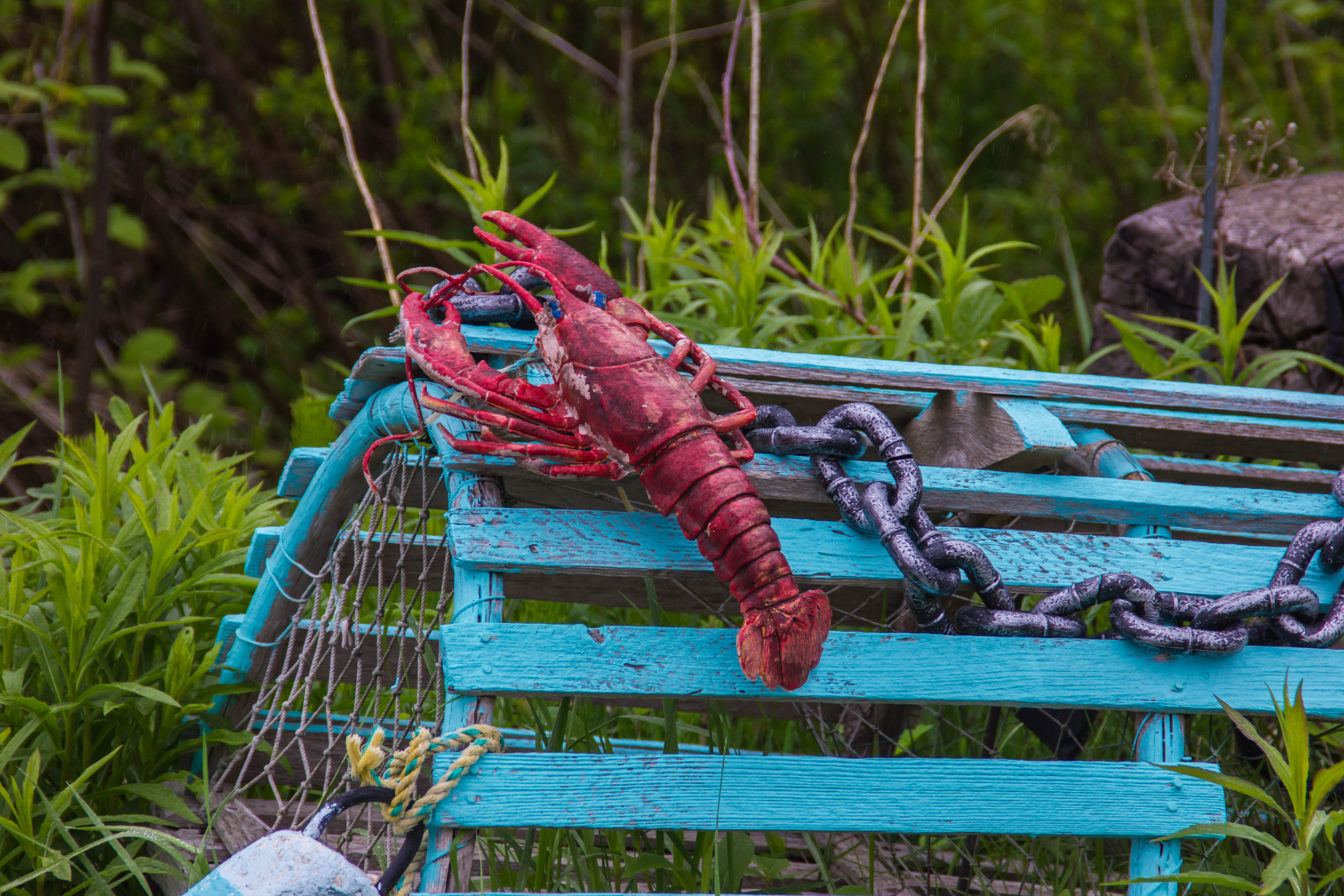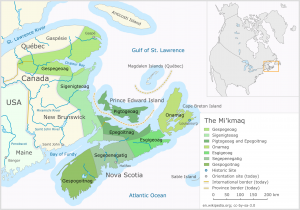Moderate Livelihood, Lobster, and Native Rights

Moderate Livelihood, Lobster, and Native Rights
In 1752, the British governor of Nova Scotia, Canada, signed a treaty with the Mi'kmaq, which agreed that the Mi'kmaq “shall not be hindered from, but have free liberty of Hunting & Fishing as usual.” That right was codified in the Canadian Constitution and has been recognized and upheld by the Supreme Court of Canada. In 1999, the Court released the Marshall Decision which created the concept of “moderate livelihood,” allowing the Mi'kmaq to make a modest living (but not to grow rich, or compete with Westerners) in addition to harvesting resources for “food, social, and ceremonial purposes.”The Court, however, has never explicitly defined what a moderate livelihood is. Is it up to the Mi'kmaq, as a sovereign nation on unceded territory, to decide what that means for their citizens, or is it regulated by the Canadian government? The slow-burning dispute between Canada's First Nations and the descendants of colonial settlers has erupted anew in recent months, occasionally bursting into literal flames. It's a moral and economic struggle that matters not only to Canadian industry, but to the future of the “civilized” world.So, what's the situation?Last September, the Sipekne'katik First Nation decided to pursue a moderate livelihood by issuing 11 licenses to Indigenous fishermen hoping to trap lobster, in accordance with their treaty rights. Blowback from the local commercial fishing industry was swift and intense, from racist slurs and allegations of sabotaged traps to vandalism, theft and arson, as a lobster pound storing the Mi'kmaw catch burnt to the ground under “suspicious circumstances.” Police are accused of standing by and letting it all happen.
 Former settlement areas of the seven Mi'kmaq branches. Image by Mikmaq, courtesy of Wikimedia Commons. CC-BY-SA-3.0
Former settlement areas of the seven Mi'kmaq branches. Image by Mikmaq, courtesy of Wikimedia Commons. CC-BY-SA-3.0
Sources:
The Facts Behind Mi’kmaw Fishing RightsInside Canada's decades-long lobster feudNova Scotia lobster dispute: Mi’kmaw fishery isn’t a threat to conservation, say scientists'We won': Indigenous group in Canada scoops up billion dollar seafood firmMi'kmaw First Nation planning 'hundreds' of legal suits amid opposition to fisheryThe Long, Expensive Fight for First Nations’ Fishing Rights
About Dawn Allen
Dawn Allen is a freelance writer and editor who is passionate about sustainability, political economy, gardening, traditional craftwork, and simple living. She and her husband are currently renovating a rural homestead in southeastern Michigan.
